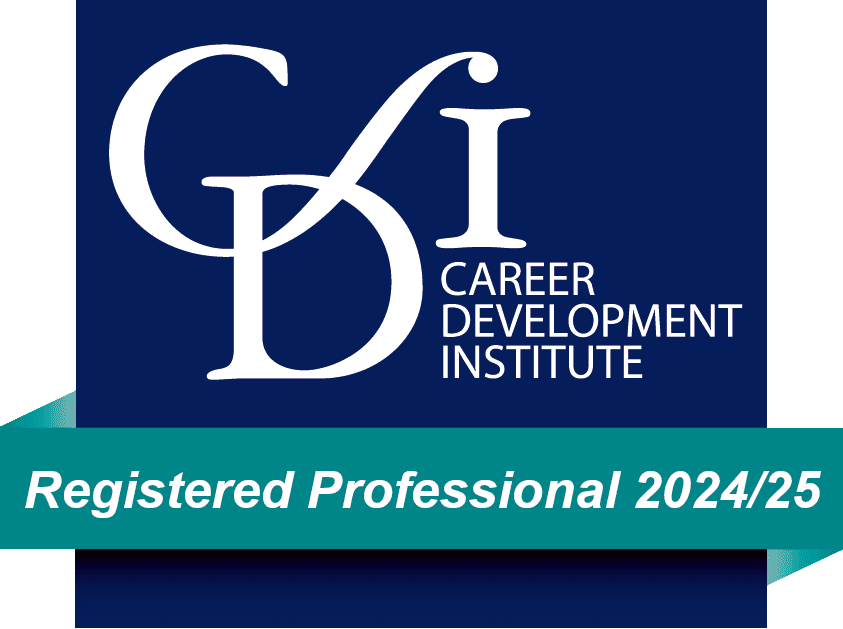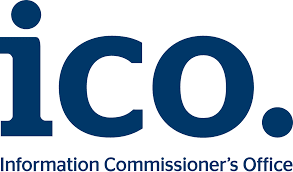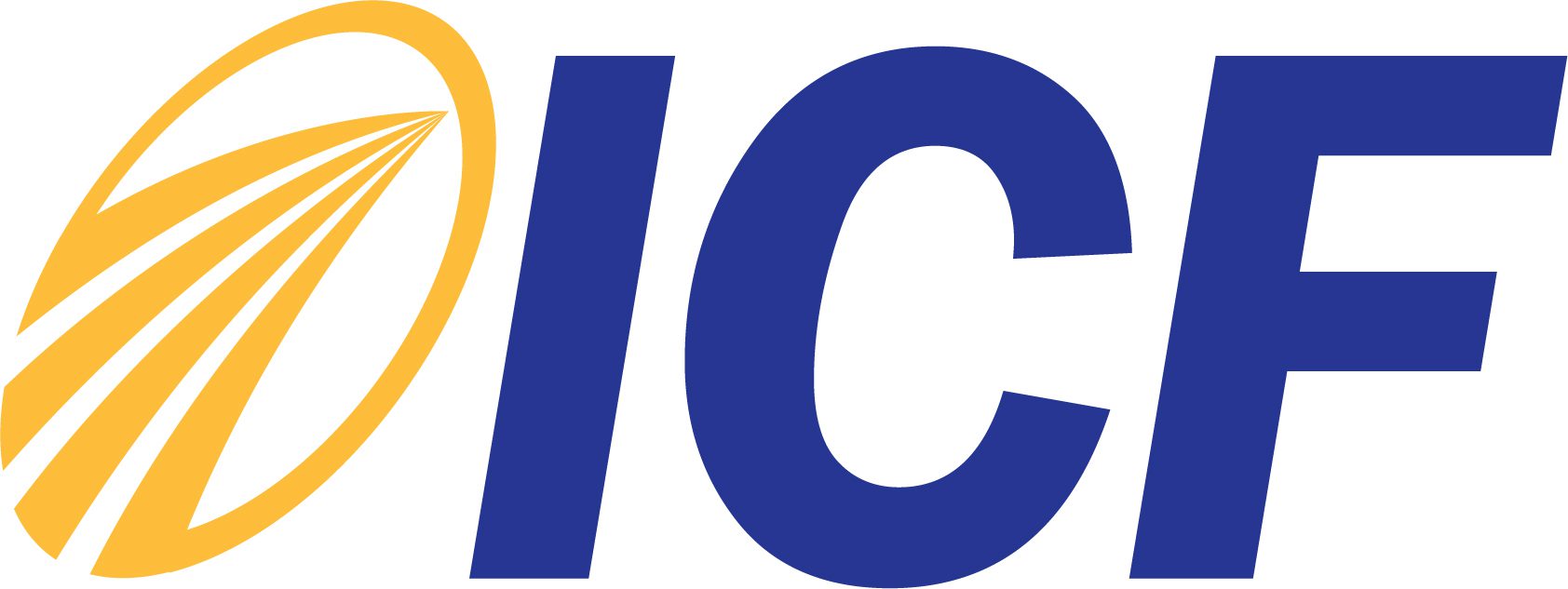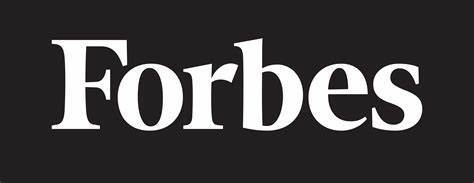Our specialist voice coach Matthew Clarke gives you some great tips to consider when aiming to land your next executive role.
Human communication is a very complex science which has been written about by some of the most learned minds on the planet. I am not going to even attempt to better anything that you could read from them. What I would like to do is to convey a few simple tips for job interviews which is gleaned from my own background as a broadcast journalist.
I have conducted interviews on a wider number of topics than you can ever imagine and with a broader range of people than you would guess too. I have asked people about their passion for collecting, cooking and eating road-kill. I have also questioned Tony Blair (whilst prime minister) about his meetings over peace in Northern Ireland. I will never forget getting the chance to quiz Barry Humphries about his show in Plymouth some years ago – I was not allowed to talk to him out of character as Dame Edna!
However, when it comes down to me looking at which ones made the best items for radio or television, I can boil this down to a few things which can help anyone going into an interview situation.
First key lesson is that every interviewee who made a good item on air conveyed a simple and succinct story with a beginning, middle and an end: For example, Roadkill Man told me about why he began picking stuff up, what it tasted like and that his next meal was a nice piece of weasel, and Labour politician Tony Blair told me why he had been meeting the Irish Taoiseach in Cornwall and how the peace process was progressing.
They knew how to tell me about where their story originated, a few interesting things that happened along the way, and where they had arrived at. Many of them had been able to condense their tale into three key powerful points.
This is one of the tips given in media-training; prepare your ‘golden nuggets’ or your sound-bites. I am not suggesting that you ‘dumb down’ your message to a series of sound-bites. What I am suggesting, however, is that this will help you focus on what key details you want your interviewer to remember about you. These are the details that will remain stuck in their heads well after the interview process is completed.
So, when it comes to your executive interview and your opportunity to impress a perspective employer, how will you tell your story in three memorable and engaging points?
A final tip to fit in with this preparation of key messages is the use of engaging and descriptive language. This does not mean that you need to suddenly become all flowery and poetic. What is certainly a good idea is to pick some descriptive words that you think explain your attitude and ethics. An interviewer might like to hear from you that you are determined and have a dream – especially as when you explain this, you say the words with conviction and genuine emotion.
These skills can be crucial in landing your next executive role, so to discuss this, and further strategies to help in your job search, and to see if we’re a fit, book your complimentary discovery call today.











